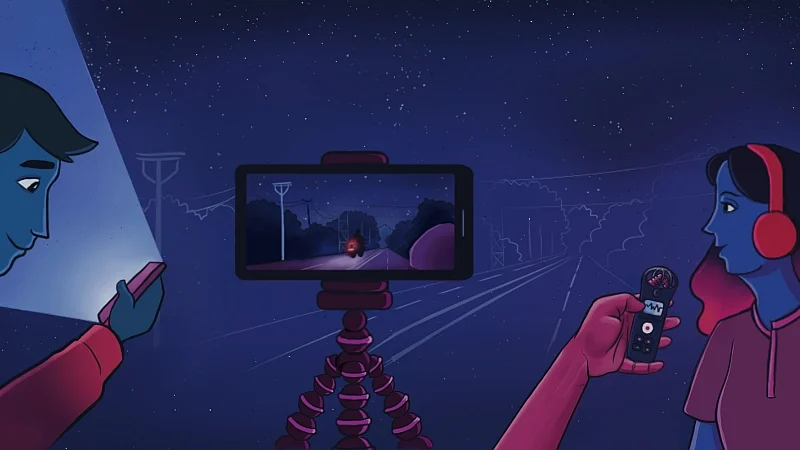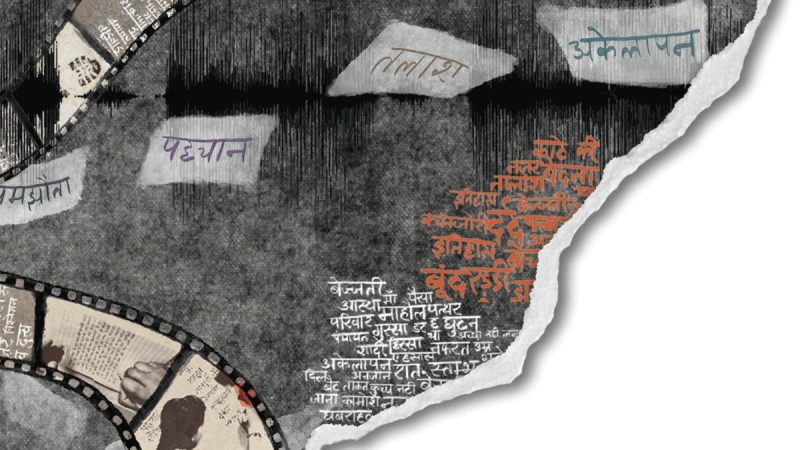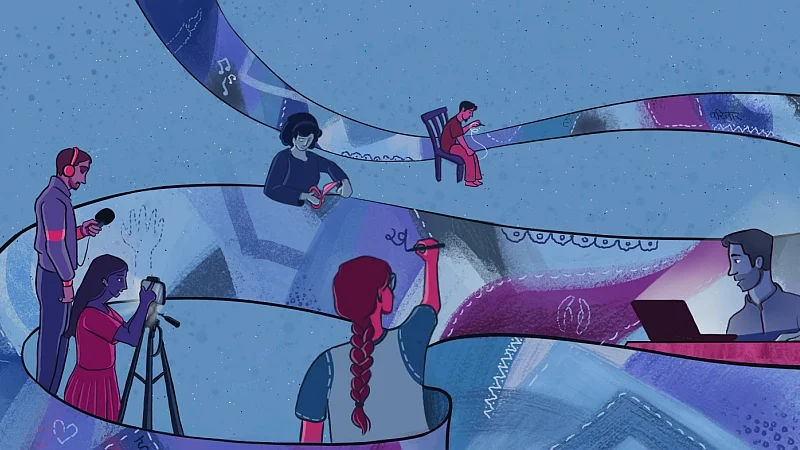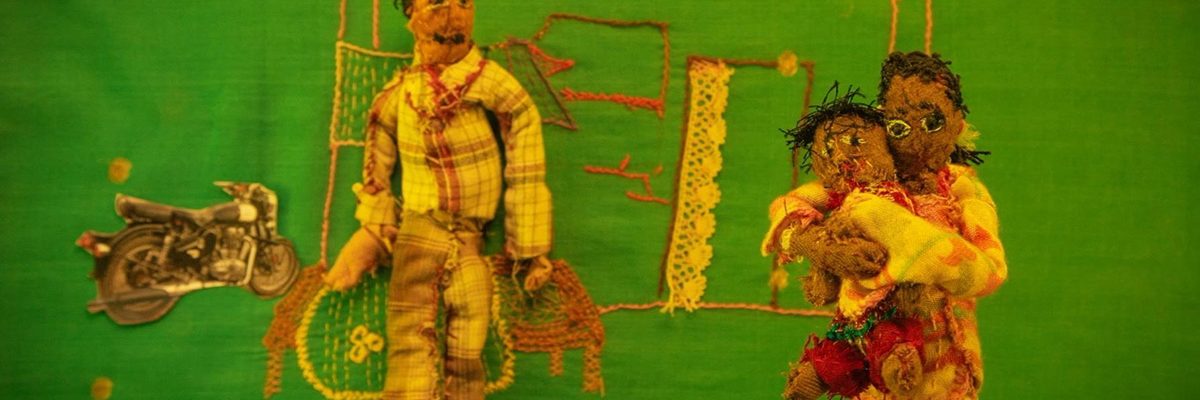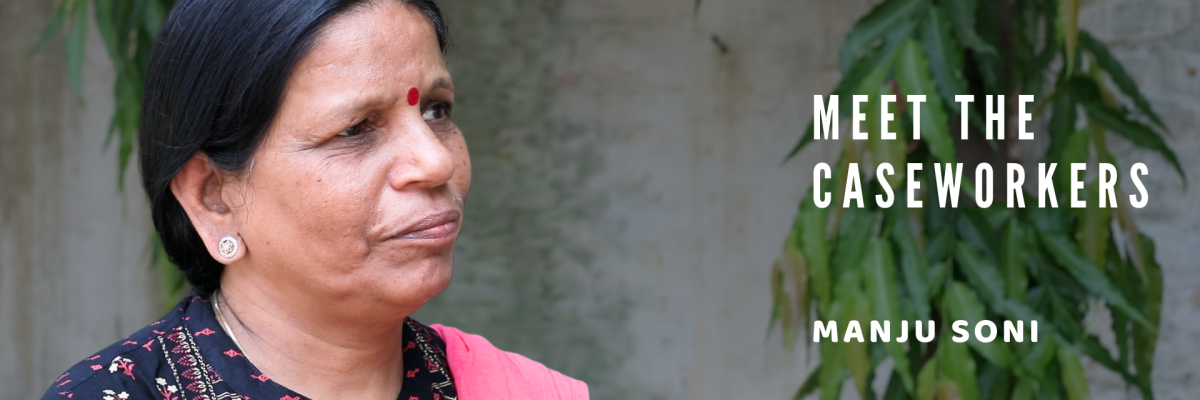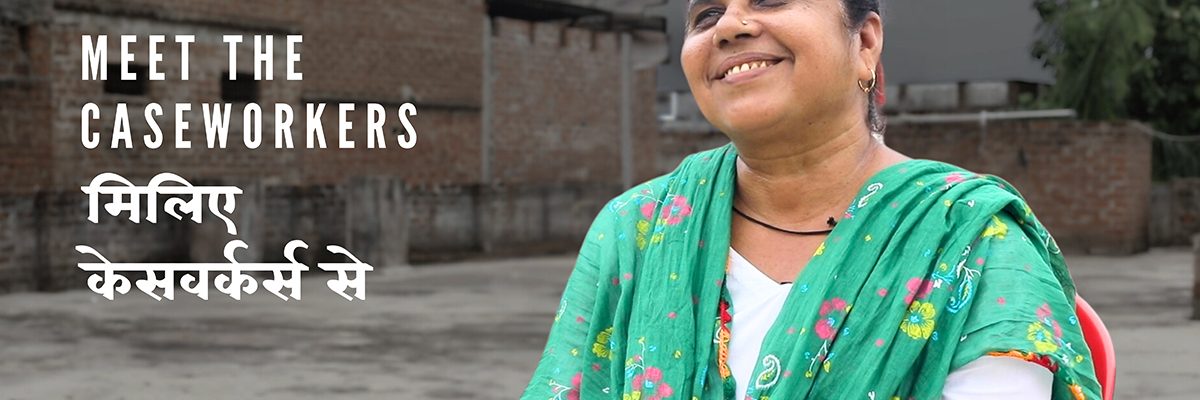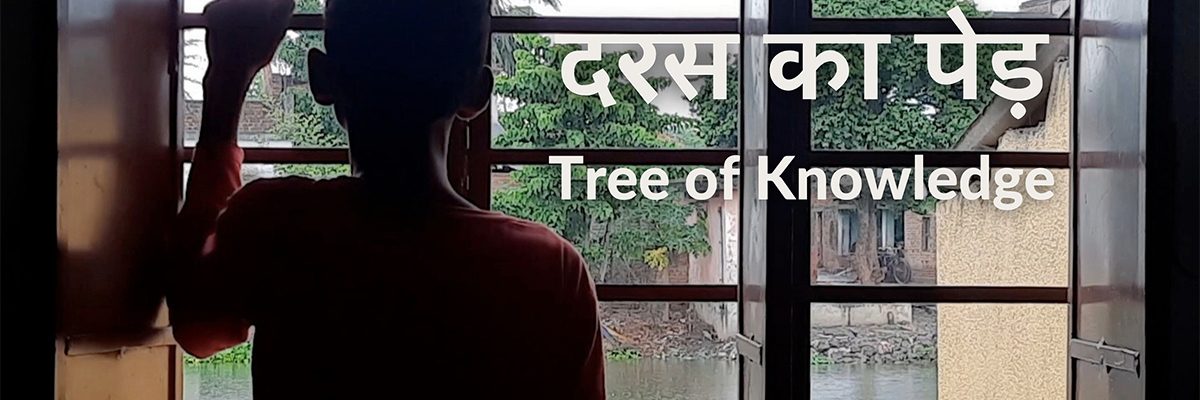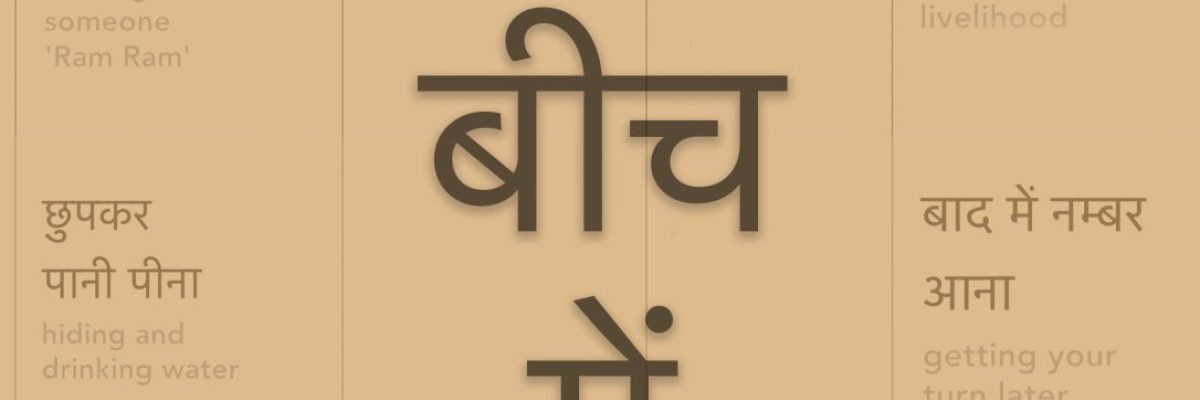Home » Learning Lab
Learning Lab
What is the Learning Lab?
Feminist pedagogy and knowledge creation is central to The Third Eye.
At the Learning Lab, we engage in collaborative creative processes with those who are not conventionally considered knowledge creators, or have adequate opportunity or platform to become contributors to critical discourses.
Thus, we bring into practice the key objective of The Third Eye, which is to repopulate the internet with voices, standpoints and experiences of those always only seen as consumers of ideas, and not producers.
The Learning Lab works with fellows and mentees in short, medium, and long term engagements.
Banner Illustration: Sarth Patel
Reflections on Pedagogy
I once taught a girl whose laughter made me think of falling water on stones. I recall the sound of...
This is Part II of a series on the psyche and sexuality, based on the author’s research, reflections and analysis....
Yummy yuckiness is the stuff of life. Allowing the bewilderment around it to bubble up matters. Alongside recognition, the exploration...
A day that is ordinary? A day within the everyday? Feminists have theorised the everyday extensively. Everyday is when the...
In November 2021, a group of eleven women found themselves sitting together in a room in Indore, Madhya Pradesh. Three...
Prisons are taken for granted within ‘civilised’ societies; we often do not think of the what and why of the...


